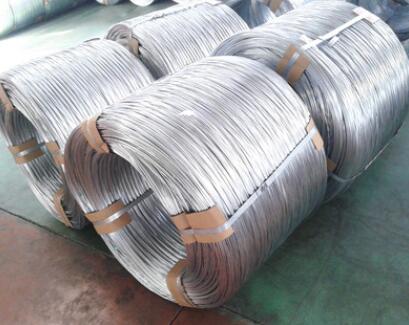Understanding Drywall Screw Length A Guide for Homeowners and DIY Enthusiasts
When it comes to hanging drywall, one of the key factors that can greatly influence the success of your project is the length of the screws you use. Properly selecting drywall screw length can not only help you achieve a firmer hold but also ensure that the finishing process goes smoothly. In this article, we will delve into the importance of drywall screw length, factors that affect your choice, and some practical tips for getting it right.
The Importance of Drywall Screw Length
Using the correct length of drywall screws is vital for several reasons. Firstly, screws that are too short may not penetrate deeply enough into the framing behind the drywall, risking a weak hold that can lead to sagging or, in the worst case, the drywall coming loose. Conversely, screws that are too long may penetrate through the drywall and into unintended areas, such as electrical wiring or plumbing, which can create serious safety hazards and additional repairs.
General Guidelines for Screw Length
The standard length for drywall screws generally falls between 1 inch to 1.5 inches for 1/2-inch thick drywall, and 1.5 to 2 inches for 5/8-inch thick drywall. The key is to ensure that the screw penetrates the wooden or metal studs behind the drywall by at least 5/8 inch to secure a solid attachment. This consideration is especially important when working with thicker drywall sheets or installing multiple layers.
Factors Influencing Screw Length Selection
When choosing the appropriate drywall screw length, several factors should be taken into account
1. Thickness of the Drywall As mentioned, the thickness of the drywall will significantly influence the necessary screw length. For example, if you are working with 1/2-inch drywall, screws should generally be 1-1/4 inches in length. For 5/8-inch drywall, opt for screws that are 1-5/8 inches long.
drywall screw length

2. Type of Framing Material The material behind the drywall also matters. For wooden studs, the lengths mentioned above will suffice. However, for metal studs, using self-drilling screws may require different lengths to ensure a secure fit.
3. Placement of Screws The pattern and spacing also play an important role—screws should be spaced approximately 12 to 16 inches apart for walls and 8 to 12 inches for ceilings. Depending on the pattern, you may need to adjust the length to ensure an optimal grip.
Tips for Choosing the Right Screw Length
1. Consult Product Specifications Always check the specifications of the drywall you are using, as manufacturers may offer guidelines on screw length for specific product lines.
2. Conduct a Test If you're unsure, try running a few test screws into a scrap piece of drywall and stud. This will give you an idea of how well the screws hold and whether they are the proper length.
3. Use Quality Screws Opting for high-quality drywall screws with sharp tips and fine threads can make a significant difference in installation ease and final results.
4. Consider Specialty Situations In areas prone to moisture, such as bathrooms or kitchens, use corrosion-resistant screws to prolong the lifespan of your installation.
Conclusion
Selecting the correct drywall screw length is more than just a technical detail; it can make a significant difference in the longevity and quality of your drywall installation. By taking into account the thickness of your drywall, the type of framing material, and screw placement, you can choose the appropriate screw length for a solid, durable installation. With the right screws in hand, you'll be well on your way to achieving a professional finish in your drywall projects. Happy DIYing!

















